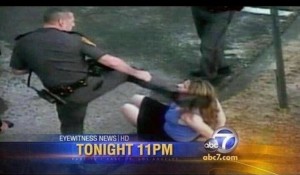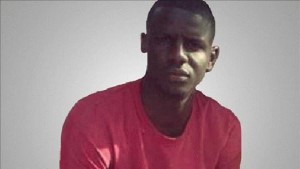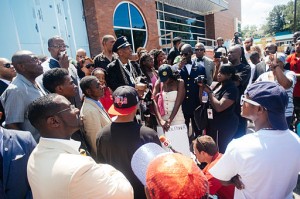Racism isn’t all in individual heads; it doesn’t just reveal itself in interpersonal relations. History, politics, and economics matter.
By Jeremy Adam Smith. Published June 26. 2015 at openDemocracy.
![Little Rock, 1959. Rally at state capitol, protesting the integration of Central High School. Photo by John T. Bledsoe [Public domain], via Wikimedia Commons](http://occupyworldwrites.org/wp-content/uploads/2015/06/512px-Little_Rock_integration_protest.jpg)
Little Rock, 1959. Rally at state capitol, protesting the integration of Central High School. Photo by John T. Bledsoe [Public domain], via Wikimedia Commons
Does Graham have a point? After the news of Charleston broke, many of my Facebook friends referred to racism itself as a “sickness” or “disease,” and some described Roof as “insane.” A great deal of research suggests that racial discrimination can harm the physical and mental health of its targets, mainly due to the increased stress racism can cause.
But are mentally ill people more likely to embrace and express racial prejudice? Could racism itself be a mental illness?
Probably not, says the research. Even proponents of this view, like psychiatrist Carl C. Bell, argue that mental illness is associated only with certain forms of prejudice, as when people with paranoid disorders “project unacceptable feelings and ideas onto other people and groups.” Prejudice becomes pathological only when it interferes with functioning in daily life, which is part of the definition of mental illness provided by the DSM (the diagnostic manual used by psychiatrists). Continue reading







